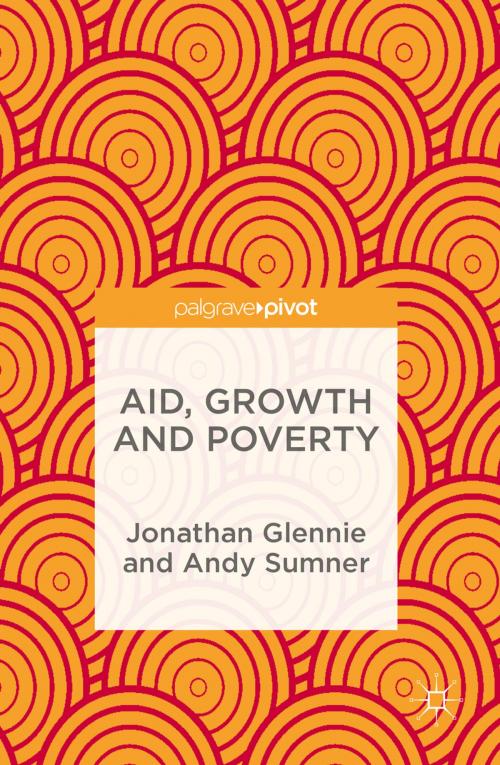Aid, Growth and Poverty
Nonfiction, Social & Cultural Studies, Political Science, International, International Relations, Social Science| Author: | Jonathan Glennie, Andy Sumner | ISBN: | 9781137572721 |
| Publisher: | Palgrave Macmillan UK | Publication: | May 30, 2016 |
| Imprint: | Palgrave Macmillan | Language: | English |
| Author: | Jonathan Glennie, Andy Sumner |
| ISBN: | 9781137572721 |
| Publisher: | Palgrave Macmillan UK |
| Publication: | May 30, 2016 |
| Imprint: | Palgrave Macmillan |
| Language: | English |
The authors discuss the impact of foreign aid and tackle the question of why assessing the impact of aid is so difficult. The authors focus on peer-reviewed, cross-country studies published over the last decade and draw together some global-level assessments, considering the context and conditions under which aid might be said to ‘work’. Glennie and Sumner argue that the evidence in four areas shows signs of convergence that may have direct relevance for policy decisions on aid and for aid effectiveness discussions. These are as follows: Aid levels (meaning if aid is too low or too high); Domestic political institutions (including political stability and extent of decentralisation); Aid composition (including sectors, modalities, objectives and time horizons); and Aid volatility and fragmentation. Notably, this study finds that there is no consensus that the effectiveness of aid depends on orthodox economic policies.
The authors discuss the impact of foreign aid and tackle the question of why assessing the impact of aid is so difficult. The authors focus on peer-reviewed, cross-country studies published over the last decade and draw together some global-level assessments, considering the context and conditions under which aid might be said to ‘work’. Glennie and Sumner argue that the evidence in four areas shows signs of convergence that may have direct relevance for policy decisions on aid and for aid effectiveness discussions. These are as follows: Aid levels (meaning if aid is too low or too high); Domestic political institutions (including political stability and extent of decentralisation); Aid composition (including sectors, modalities, objectives and time horizons); and Aid volatility and fragmentation. Notably, this study finds that there is no consensus that the effectiveness of aid depends on orthodox economic policies.















